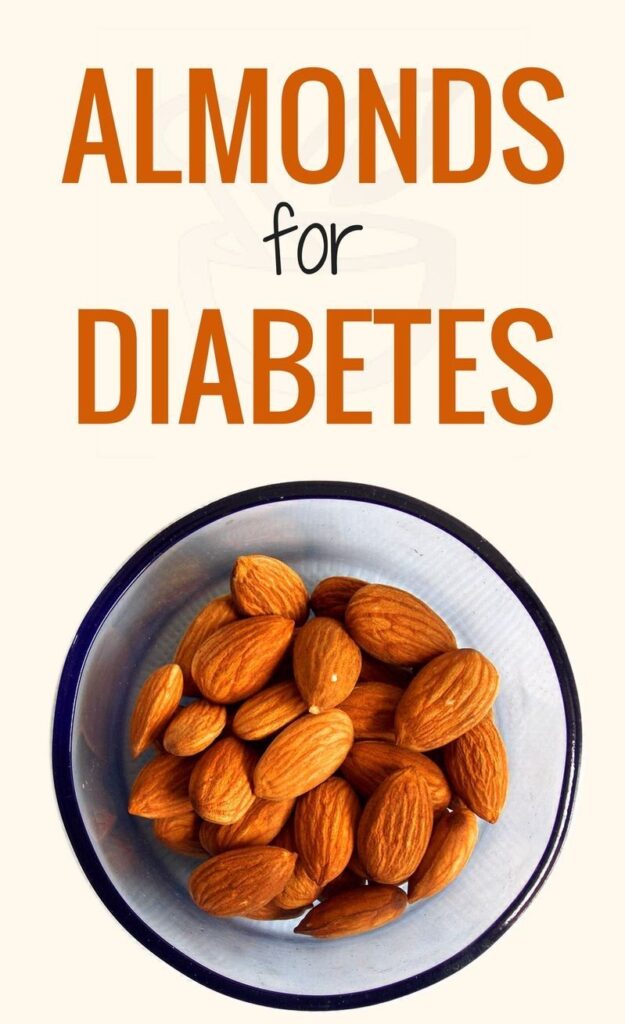The ongoing coronavirus disease 2019 (COVID-19) pandemic, caused by the highly contagious severe acute respiratory syndrome coronavirus 2 (SARS-CoV-2), has so far claimed more than 6.8 million lives worldwide.
A recent Nature Signal Transduction and Targeted Therapy journal study demonstrated the potential antiviral activity of a new Mpro inhibitor (SY110) against SARS-CoV-2 Omicron and its sublineages. In addition, it was also found to be effective against other human coronaviruses, such as severe acute respiratory syndrome coronavirus 1 (SARS-CoV-1) and Middle East respiratory syndrome coronavirus (MERS-CoV).

Background
Although several COVID-19 vaccines are commercially available, their efficacy has reduced due to the continual emergence of new COVID-19 variants, such as the Alpha, Beta, Delta, and the latest Omicron. Many SARS-CoV-2 variants can escape immune responses induced via vaccination or natural infection. Based on historical experience, there is a high risk of the long-term existence of SARS-CoV-2. Therefore, in addition to more effective COVID-19 vaccines, there is an urgent need for more antivirals against current and future SARS-CoV-2 variants.
SARS-CoV-2 belongs to the family Coronaviridae of genus β-coronavirus. This virus encodes 14 open reading frames (ORFs), which encode four structural proteins, nine accessory proteins, and two long polyproteins, pp1a and pp1ab. The polyproteins cleave into sixteen non-structural proteins (NSPs) using two cysteine proteases, namely, main protease (Mpro) and papain-like protease (PLpro).
Mpro, or 3CLpro, is a conserved gene of the virus and its variant. In addition, this protease is also present in other pathogenic coronaviruses, such as severe acute respiratory syndrome coronavirus-1 (SARS-CoV-1) and middle east respiratory syndrome coronavirus (MERS-CoV).
Mpro is linked to producing thirteen NSPs by cleaving pp1a and pp1ab. Mechanistically, Mpro identifies and cleaves amino acid sequences with specificity, particularly cleavage sites at sequences Leu-Gln. Importantly, no human proteases possess similar specificity.
Considering all attributes of Mpro, it can be a potential target for developing antivirals. Several small molecules, such as Remdesivir, Molnupiravir, and Paxlovid, have been approved as antiviral agents. Nirmatrelvir, Ensitrelvir, and Simnotrelvir are inhibitors of SARS-CoV-2 Mpro. However, these antivirals have some toxicity-related issues, suboptimal potency, and imperfect pharmacokinetic (PK) properties, such as poor oral bioavailability, poor oral bioavailability, and modest stability in human liver microsomes (HLM).
Notably, SARS-CoV-2 variants that contain Q192S/T/V, E166N/V, G143S, H172F/Q/Y, Q189E, M165T or A173V, have shown resistance to Nirmatrelvir treatment. Therefore, developing next-generation antivirals effective against SARS-CoV-2 variants is urgently needed.
The study and its findings
Primarily, scientists screened around 30,000 compounds from the in-house chemical library to obtain a new starting active compound to develop a drug targeting Mpro. They used fluorescence resonance energy transfer (FRET) assay for this purpose.
Four compounds were found to inhibit the enzymatic activity of Mpro, with 50% inhibition concentration (IC50) values less than 50 μM. Among these, Hit-1 was determined to be the most potent, with an IC50 value of 1.30 μM. A differential scanning fluorimetry (DSF) assay was used to validate the activity of Hit-1. This assay provided a thermal shift value of 8.45°C, which implies a direct binding between Hit-1 and Mpro.

The potency of Hit-1 was improved via stepwise structural optimization, particularly at three regions, namely, thiazole, benzyl, and phenyl. As a result, several candidates were synthesized, which were analyzed based on PK properties, safety, oral bioavailability, cytotoxicity, and stability to obtain the best antiviral agent against SARS-CoV-2 variants. Among all the synthesized candidates, SY110 was the most potent Mpro inhibitor, with an IC50 of 14.4 nM against Mpro.
The oral treatment of SY110 in K18-hACE2 mice with Omicron infection revealed improved pathological damage in both lungs and turbinate. In addition, SY110 demonstrated outstanding in vitro safety profiles in the Ames test, chromosome aberration test, Cytochrome P450 (CYP) assay, and human ether-à-go-go-related gene (hERG) test. In rates, the maximum tolerated dose of SY110 was found to be 1.0 g/kg, with no adverse effect.
SY110 exhibited outstanding PK properties in rats, dogs, mice, and cynomolgus monkeys, with good oral bioavailability. In addition, this compound showed significant antiviral effects against the Alpha, Beta, and Omicron BA.2 and BA.5 sublineages. Importantly, SY110 overcame the Nirmatrelvir-resistances caused by mutations at E166N and E166V.
Conclusions
The current study highlighted the potential of SY110 as a pan-coronavirus antiviral inhibitor, including SARS-CoV-2. When administered orally, this Mpro inhibitor revealed favorable PK properties, excellent oral bioavailability, and a considerable safety profile. In the future, the clinical therapeutic efficacy of SY110 needs to be further validated through clinical trial studies. The authors expressed the possibility of further improving HLM stability for SY110.
Recent Posts
- Astronomers detect first direct image of black hole expelling a powerful jet
- WhatsApp rolling out ‘reply with message’ feature within call notifications
- Multi-Device Pairing May Be Arriving for Apple Watch this Year
- Artificial Intelligence Discovers Hidden Giant, a Planet 5 Times Larger Than Jupiter
- Google CEO Sundar Pichai Talks Bard & The Future Of Search
Recent Comments

Johnson & Johnson Loses Key Tuberculosis Drug Patent In India

Eating almonds before meals may improve blood sugar in prediabetics

Next-gen Mpro inhibitor: Promising new drug candidate against Omicron and other SARS-CoV-2 variants

Astronomers detect first direct image of black hole expelling a powerful jet

WhatsApp rolling out ‘reply with message’ feature within call notifications

Multi-Device Pairing May Be Arriving for Apple Watch this Year

